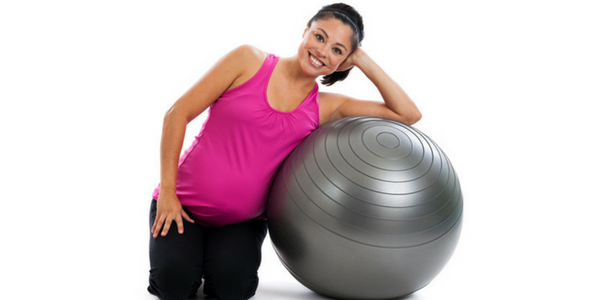
16 Oct Women’s Health Physiotherapy During and After Pregnancy
How can Women’s Health Physiotherapy help during and after pregnancy?
Pelvic girdle pain and stress urinary incontinence are common amongst pregnant women. These symptoms often occur due to hormonal changes and the ever increasing weight of your baby and uterus. They can also occur due to muskuloskeletal factors.
The mounting pressure of the uterus on your bladder gives you less room to store urine just when it’s becoming more difficult to stop the flow. You may notice that you leak urine when you sneeze or find it harder to hold your urine when you need to ‘go’. Urinary incontinence in pregnancy should not be ignored as research suggests that if you develop stress urinary incontinence during your pregnancy, or within 6 weeks following the birth of your baby, you are more likely to suffer from incontinence 5 years later.
An assessment with a Women’s Health Physiotherapist can help to prevent this. Making sure that you are doing the right exercises:
- Activating the correct muscles for a suitable length of time is important in maintaining a strong pelvic floor through your pregnancy and beyond.
- Pilates based pelvic stability exercises are also valuable through pregnancy to strengthen the supporting muscles of the pelvis and ease the pressure on the pelvic floor.
An internal assessment may not be appropriate whilst you are pregnant and therefore an assessment of the muscles of your abdomen and pelvis is often an efficient way of highlighting issues and treating the pelvic floor in pregnancy, via these other muscles.
1 in 3 women experience low back pain during pregnancy whilst 1 in 5 experience pelvic girdle pain. This is often a result of the hormones Relaxin and Oestrogen relaxing the ligaments which support your pelvis. Your pelvis bones and sacrum slot together like a loose puzzle or ‘door frame’ relying on the ligaments and muscles to provide joint stability.
In pregnancy the extra strain on these ligaments can cause pain and movement dysfunction. In such conditions the muscles supporting these ligaments become extra important in providing stability and control. Occasionally the problems are with the ‘door frame’, and other times, with the muscles or soft tissue.
There is much evidence to support physiotherapy for pelvic pain and back pain in pregnancy and the treatments you may be offered include:
- Manual therapy techniques
- Connective tissue release of the abdomen, back, hips and pelvis
- Tuition of Pilates based pelvic stability exercises
- Advice on sleeping positions, exercise and movement
The immediate weeks after the birth of your baby is an important time for your body. Your body undergoes many changes during pregnancy and continues to change postnatally. It is important to address any issues that occur at this time so as to prevent problems later in life.
Childbirth can lead to pelvic floor trauma, perineal tears and nerve injury . Consequently, the pelvic floor can become dysfunctional and you may experience urinary or bowel urgency and/or incontinence, urinary frequency, incomplete emptying, pain on urination/defaecation and pain or discomfort with sexual intercourse.
A pelvic floor assessment is important to establish the cause of these symptoms. It is ideal to review the stability of the pelvis and the control of the pelvic floor muscle in the post natal period – so any issues are dealt with early and effectively.
Find out more about Women’s Health Physiotherapy at Halo Physio here



No Comments